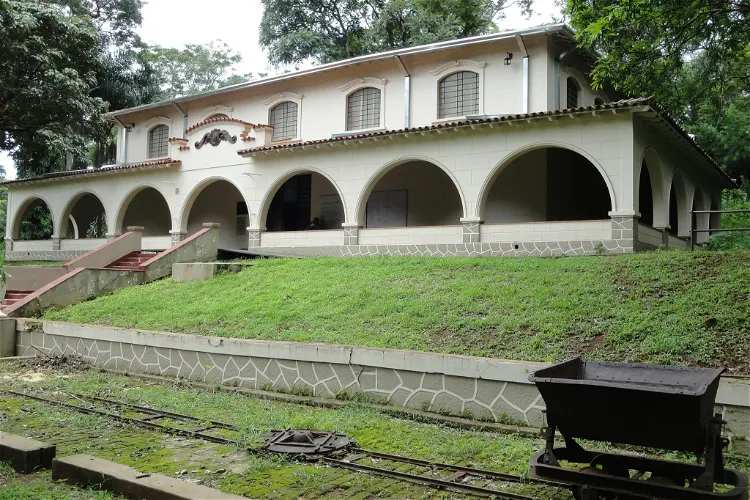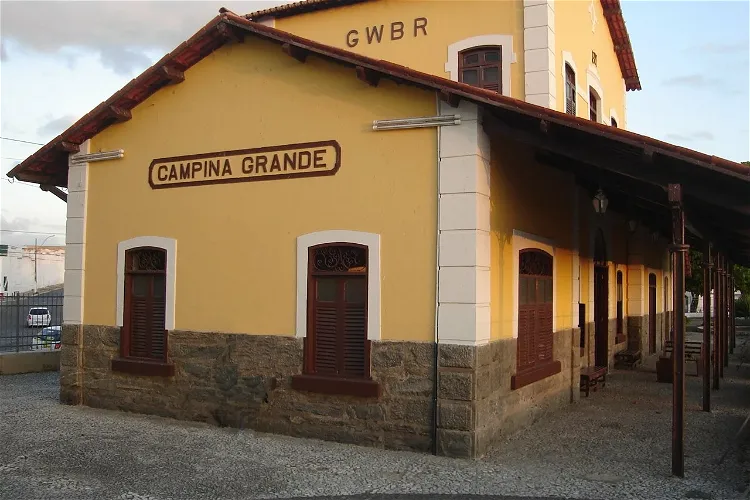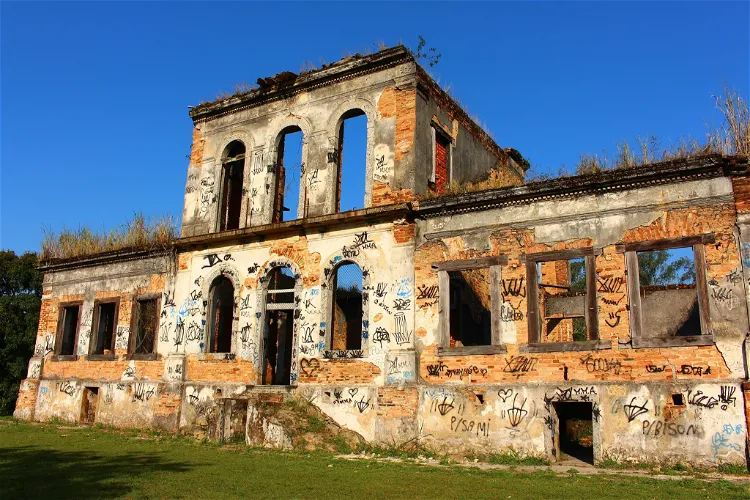Are you passionate about farming and agricultural history? These are the must-visit agriculture museums in Brazil:

Museo del Café Francisco Schmidt
Ribeirão PretoThe Museu do Café Francisco Schmidt is located in the city of Ribeirão Preto, in the interior of the state of São Paulo, southeastern Brazil. The museum is dedicated to the history of coffee cultivation in this region and is named after Francisco Schmidt, the former owner of the estate where the museum is situated. This museum provides a unique insight into the rich history of coffee cultivation in Brazil, making it a fascinating destination for those interested in learning more about this aspect of Brazilian culture.
Cotton Museum
Campina GrandeThe Cotton Museum, officially known as the Museum of History and Technology of Cotton, is situated in the city of Campina Grande in the state of Paraíba. The museum's primary objective is to preserve and showcase the rich history and culture of cotton in the state. It is an ideal place for tourists who are interested in learning about the historical significance of cotton in the region.
Fazenda São Bernardino
Nova IguaçuFazenda São Bernardino is a historical site located in Iguaçu Velho, within the municipality of Nova Iguaçu, in the state of Rio de Janeiro. The remnants of the old property include the ruins of its headquarters, which were constructed in the 19th century. These ruins provide a glimpse into the past and the rich history of the region.- 4
Community Museum Engenho do Sertão
BombinhasThe Community Museum Engenho do Sertão is situated in the coastal city of Bombinhas, within the Brazilian state of Santa Catarina. This location offers visitors the opportunity to explore the museum while also enjoying the beautiful coastal scenery of Bombinhas. - 5
Fazenda da Conceição
PetrópolisThe Fazenda da Conceição, which was inaugurated in 1869, holds a significant place in Brazil's history as one of the most important coffee producers during the country's peak coffee exploration cycle. This historical significance adds a layer of depth to the visitor experience, providing a glimpse into Brazil's rich agricultural past.